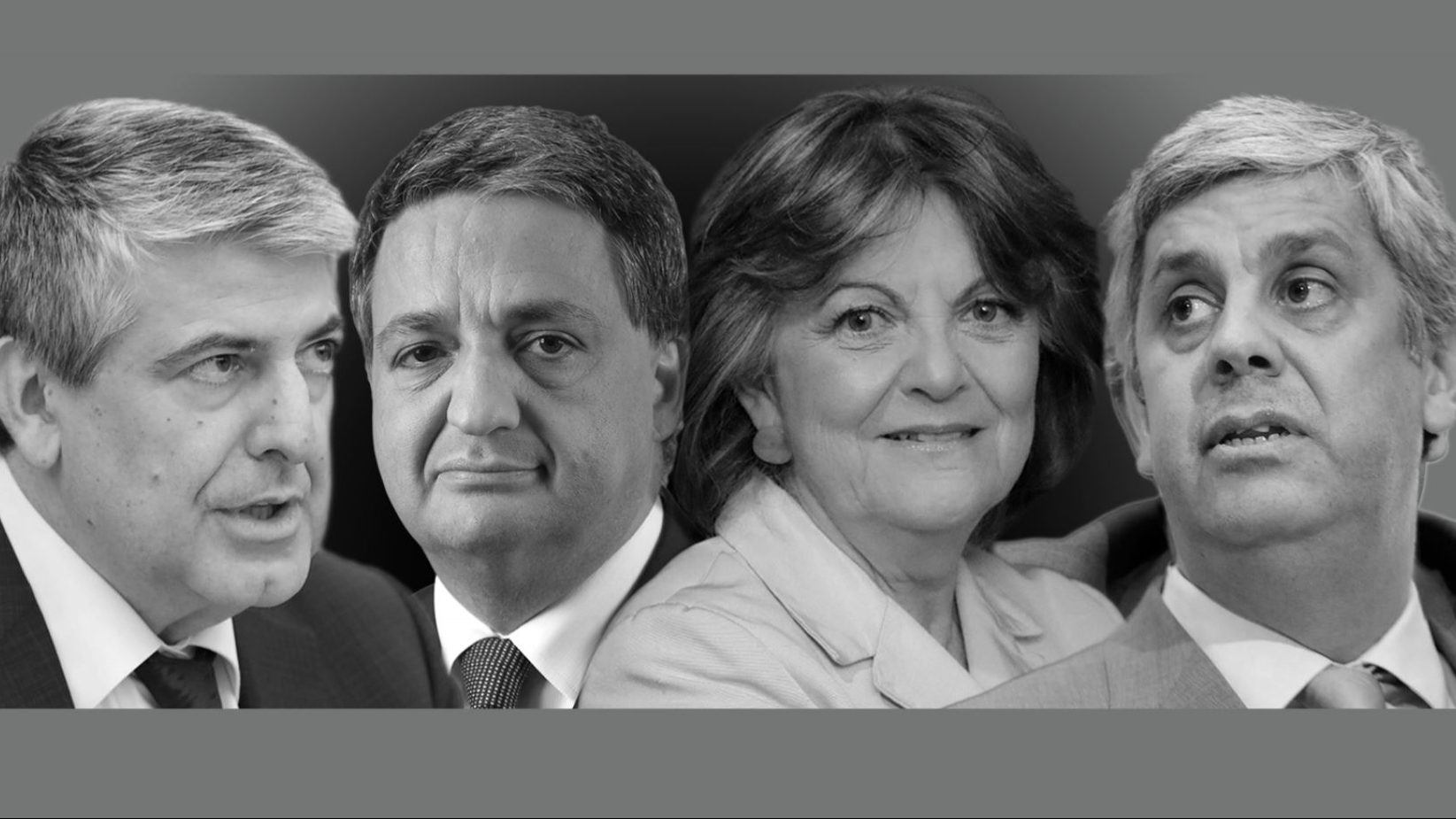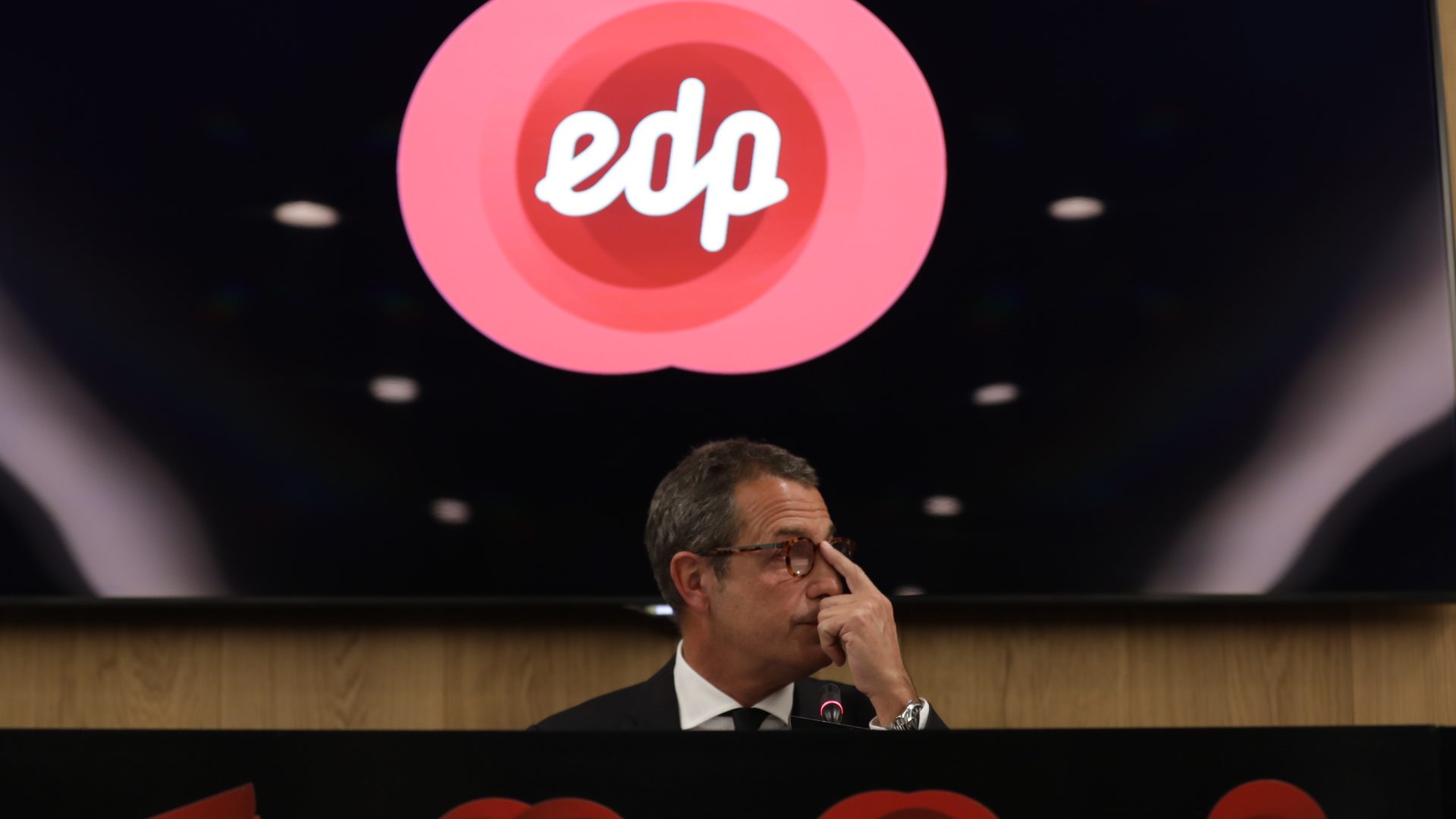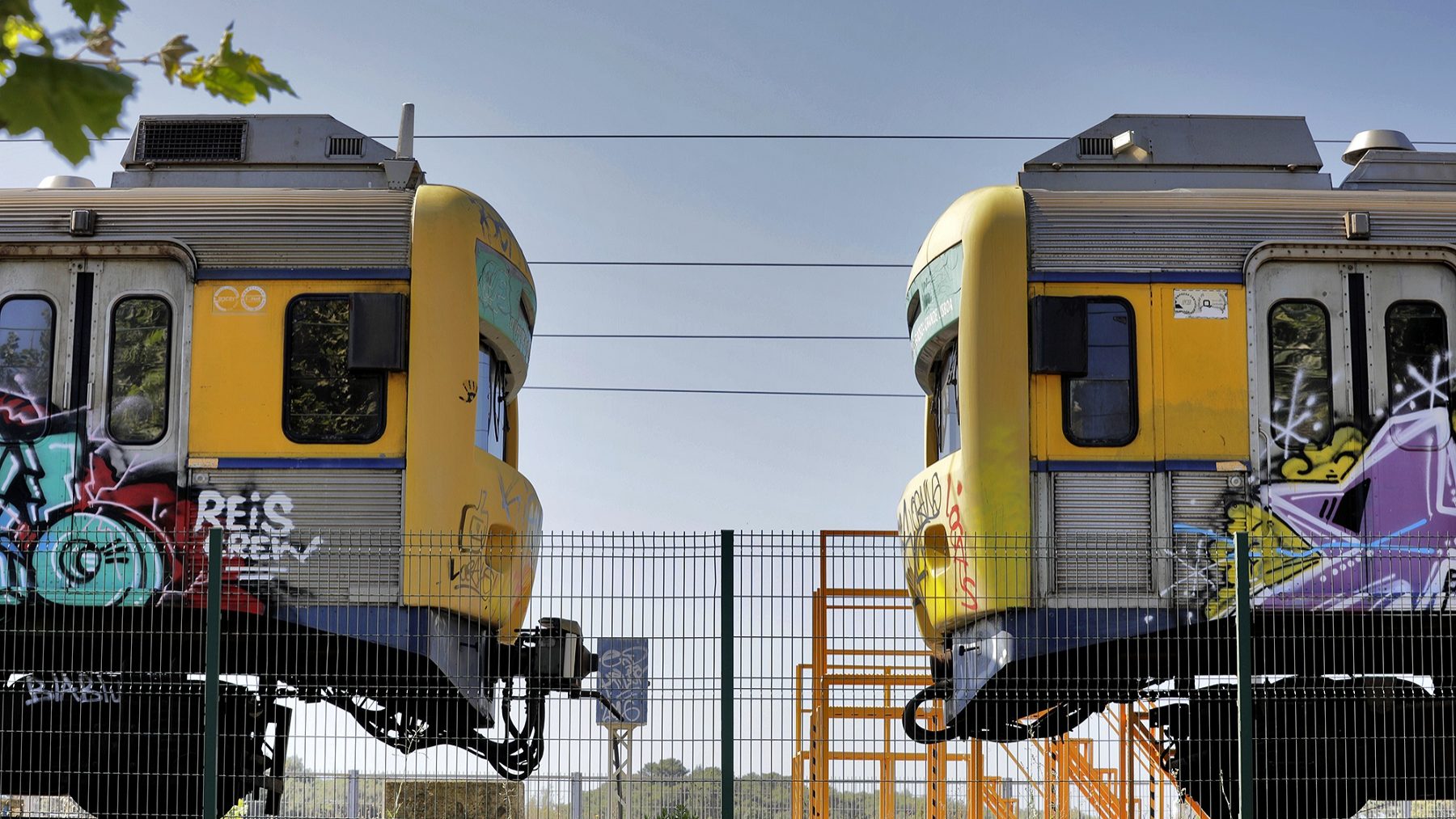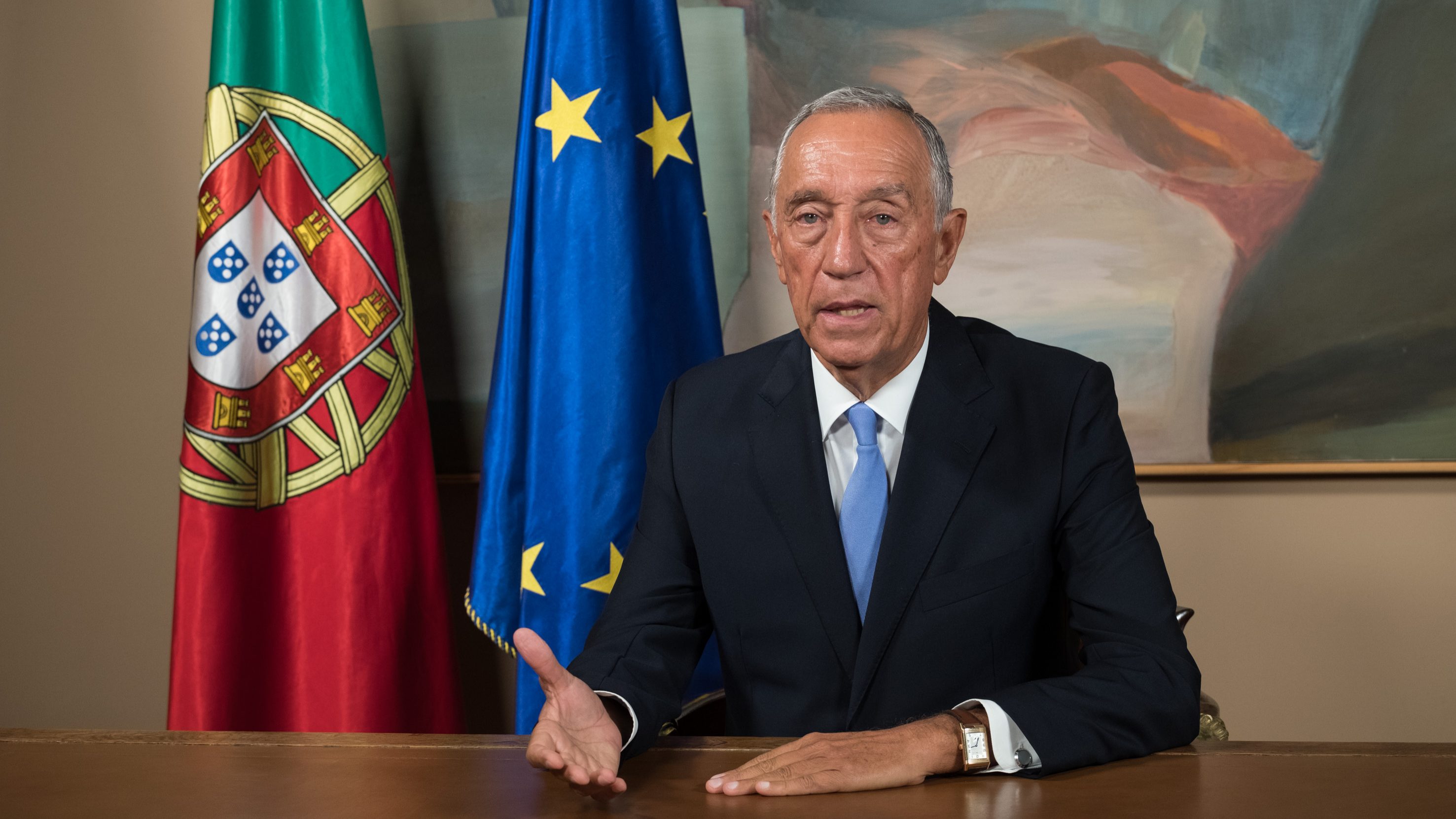CP needs €90m to improve company’s service
The president of CP - Comboios de Portugal, is at the Parliament discussing the company's current situation. Carlos Nogueira admitted the lack of investment, yet undervalued the financial issues.
CP will need to borrow €90m from the Portuguese state in order to improve the service provided by the public transport company. The figure was announced by the president of the company, Carlos Nogueira, at the Parliament, after being summoned by PSD for a hearing. The company hasn’t received any compensatory payments from the State Budget since 2014, as ECO announced first hand recently.
This amount should balance the company’s accounts, in light of the current “operational deficit”, the president explained, adding that the company has been as thorough as can possible with the accounts, noticing then that since 2014 there had been no compensation payments going to the public transports company, from the state.
“CP is sustainable, and it will be profitable, provided that the compensations are also duly paid”, the president of the train company added. In 2017, the last year for which there are official numbers, the company witnessed no increment in assistance from the State, but the capital of the enterprise increased by €98m that year. Besides, the State Budget of 2017 assumed that the company’s liabilities hit a value of €418m, according to the Treasury DG, although the company’s financial effort reached the amount of €520m.
The compensatory allowances are an item of State Budget directed at compensating state companies for providing a public service. “Some CP lines have been completely disregarded and are providing a weak service”, but they still are key in the context of territorial cohesion.
The lack of state investment in the train company is coinciding with the date of its possible liberalization, which should happen on the 1st of January 2019. Carlos Nogueira noted as well that the “regulations and procedure for the direct agreement” were already presented to the government, in the form of a document which embodies a well thought out plan which CP expects to have finalized by “the end of September”.
Lack of investment appointed as the main issue for the company
During his initial intervention at the Parliament, the president of the train company admitted that “the lack of timely investment” was the issue, yet he considered that this is a problem that “can’t be corrected very fast”.
Carlos Nogueira gave special attention to the investment plan of €170m, to reinforce the company’s equipment, which was presented on the 20th of July this year, and he also pointed out that the plan included 22 units purchase for the regional service alone.
The top leader of the company also guaranteed that “CP hasn’t been affected or even slightly bitten by the issue of share blockings”. The trains “haven’t stopped until this date, and they were under no risk of stopping at all”, he told the parliamentarians, adding that the shares could also soon be unblocked.
CP’s debt surpassed €3bn in 2016, having decreased by €400m to €2.6bn, in 2017. It had been decreasing gradually, as the company managed to reallocate the capital growth profits to buffer it.
“By the end of the year, €455m will have entered the company’s accounts” and until the end of 2018 debt should reach €2.1bn.
Although the company has presented growth, it has not reached anything close to 2008’s highs.




